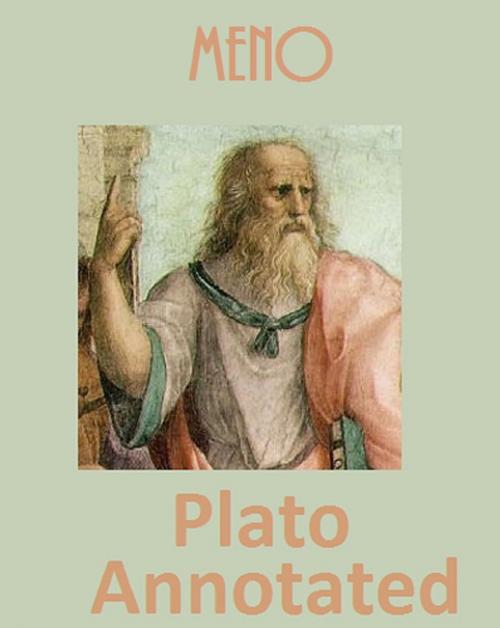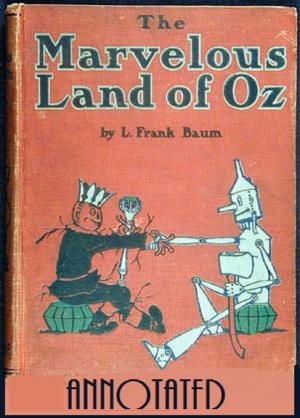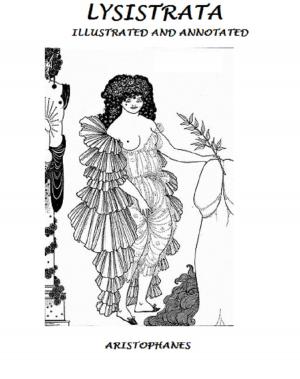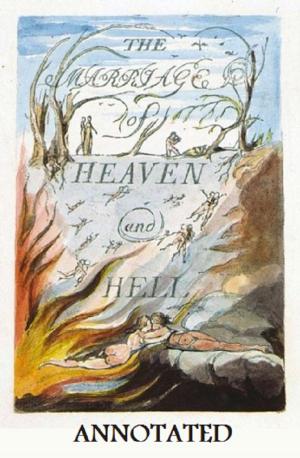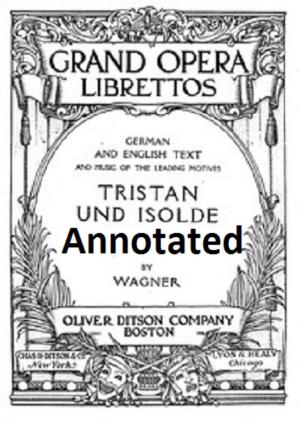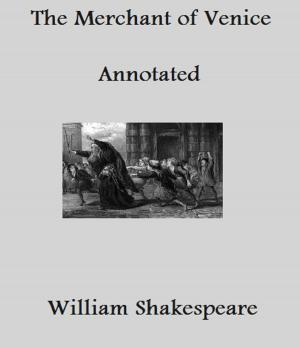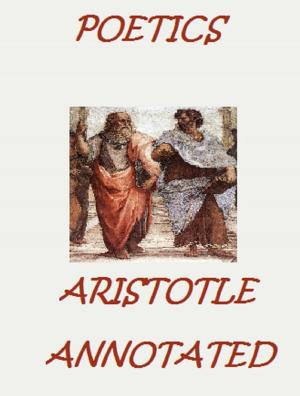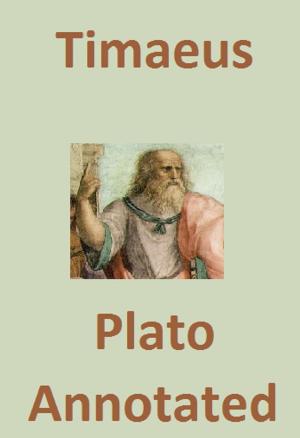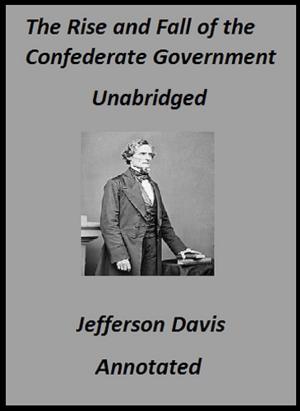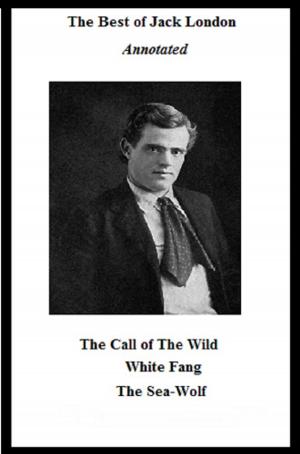Meno (Annotated)
Nonfiction, Religion & Spirituality, Philosophy, Existentialism, Free Will & Determinism, Ancient| Author: | Plato | ISBN: | 1230000765947 |
| Publisher: | Bronson Tweed Publishing | Publication: | November 7, 2015 |
| Imprint: | Language: | English |
| Author: | Plato |
| ISBN: | 1230000765947 |
| Publisher: | Bronson Tweed Publishing |
| Publication: | November 7, 2015 |
| Imprint: | |
| Language: | English |
Meno is a Socratic dialogue composed by Plato. It attempts to determine the definition of virtue, or arete, meaning virtue in general, rather than particular virtues, such as justice or temperance. The first part of the work is written in the Socratic dialectical style and Meno is reduced to confusion or aporia. In response to Meno's paradox (or the learner's paradox), however, Socrates introduces positive ideas: the immortality of the soul, the theory of knowledge as recollection (anamnesis), which Socrates demonstrates by posing a mathematical puzzle to one of Meno's slaves, the method of hypothesis, and, in the final lines, the distinction between knowledge and true belief.
This edition has formatted for your reader, with an active table of contents. It has also been extensively annotated, with additional information about Meno and also Plato, including an overview, characters, dialogue, relation to Protagoras, and biographical information.
Meno is a Socratic dialogue composed by Plato. It attempts to determine the definition of virtue, or arete, meaning virtue in general, rather than particular virtues, such as justice or temperance. The first part of the work is written in the Socratic dialectical style and Meno is reduced to confusion or aporia. In response to Meno's paradox (or the learner's paradox), however, Socrates introduces positive ideas: the immortality of the soul, the theory of knowledge as recollection (anamnesis), which Socrates demonstrates by posing a mathematical puzzle to one of Meno's slaves, the method of hypothesis, and, in the final lines, the distinction between knowledge and true belief.
This edition has formatted for your reader, with an active table of contents. It has also been extensively annotated, with additional information about Meno and also Plato, including an overview, characters, dialogue, relation to Protagoras, and biographical information.
